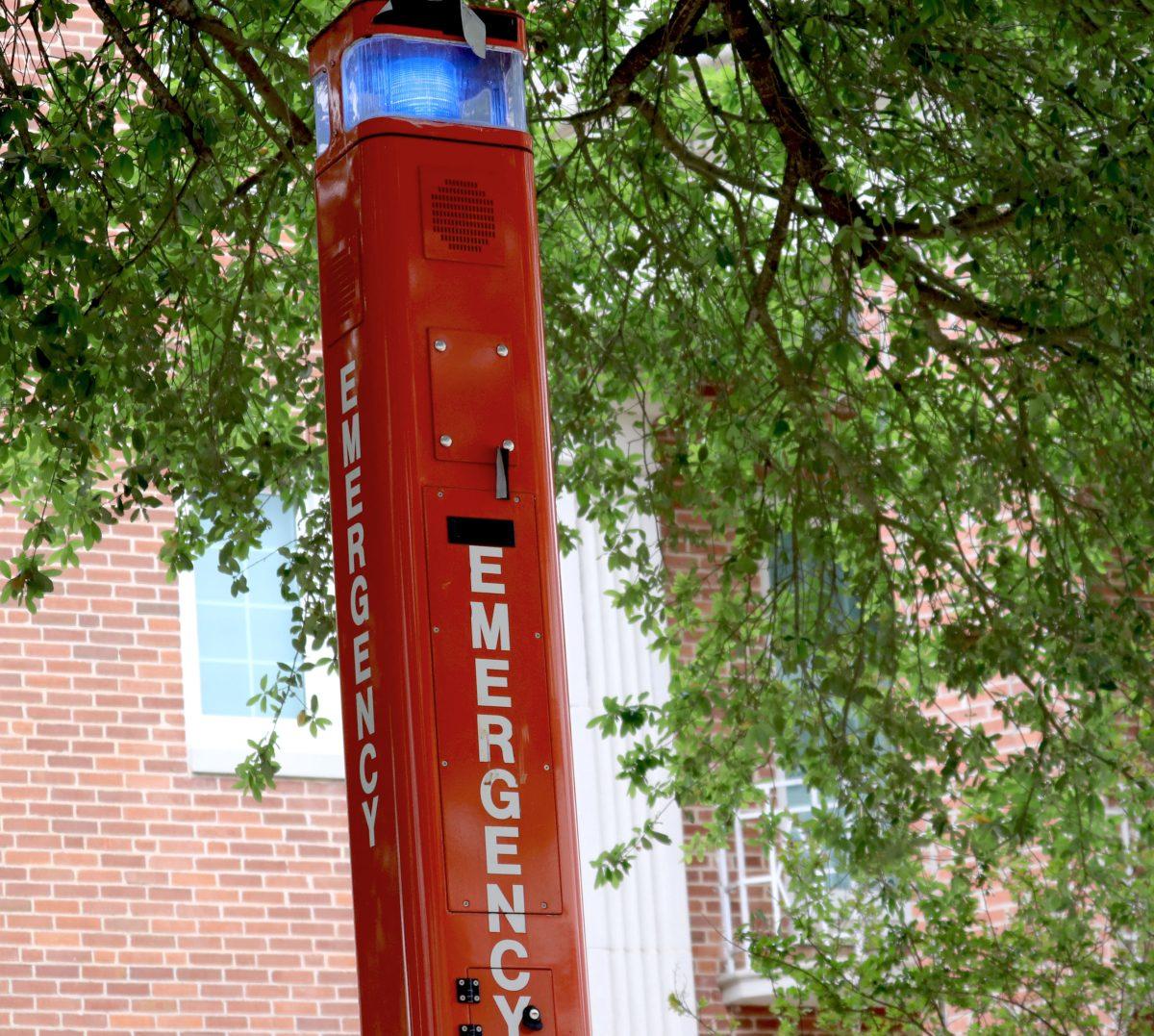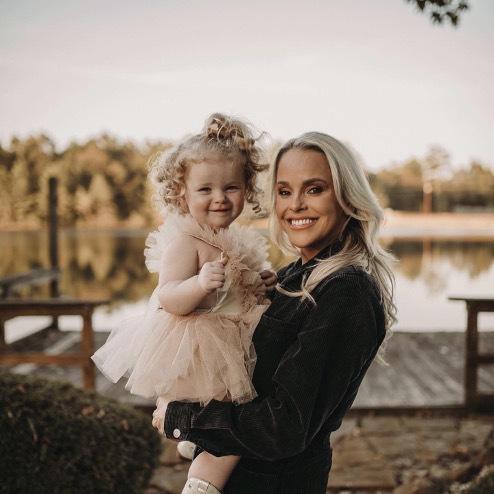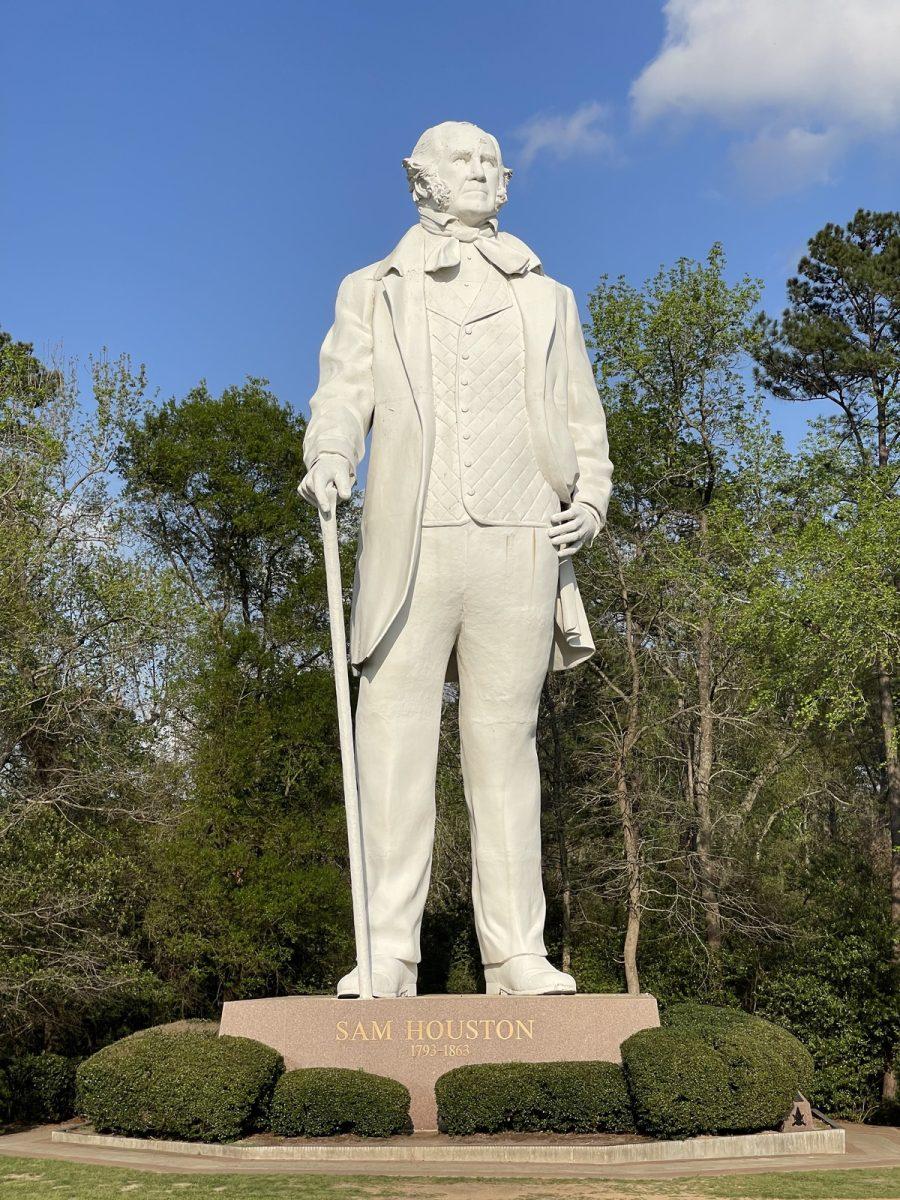As soon as word got out that the Trump administration was looking to cut funding for public television and for Meals on Wheels, a program that serves disadvantaged senior citizens, the outcries of protest began. “There will be no more arts for our children,” the voices wailed, “The elderly will starve.”
The implication seems to be that, before the federal government created programs, the world was bereft of all forms of art, and seniors were doomed to starve once they were unable to work. Both are ridiculous ideas, clearly. The history of the world is bursting with elders and with artworks.
There also appears to be a somewhat popular notion that those opposed to federal funding of such programs – whether referred to as Republicans, conservatives, or whatever boogeyman label is popular this week – are people who do not support, believe in, or like the arts or senior citizens.
But the arts and seniors are not what is at issue, only how those programs are supported. Skeptics of federal funding champion the belief that individuals should support those causes they find worthy, to the extent that they wish and are able. Ideally, rather than having money taken from you to be allocated as government agents see fit, you could take that same portion and choose to use it to support the arts, feed the hungry, educate the ignorant, house the homeless, build the parks – as you see fit.
There are many reasons to keep the state out of good works, even beyond the ineffectiveness, inefficiency, corruption and lack of accountability that are virtually guaranteed to be part of any government bureaucracy – all at a grossly inflated cost.
A Heritage Foundation report cited the concerns of economist Tyler Cowen on the effects of government involvement in arts programs. “Once donors believe that government has accepted the responsibility for maintaining culture, they will be less willing to give,” observed Cowen. The government can best support the arts, Cowen concluded, by mostly leaving them alone.
The National Endowment for the Arts helps the well-connected and the well-established at the expense of less sophisticated-and possibly more talented-outsiders, Bradley Scholar William Rice stated on The NewsHour. In effect, this creates a need for art to please a government agent-patron rather than offering popular appeal.
Federal, state, and local investment together are only 13 percent of a typical arts organization’s budget, wrote Ian Moss in Huffington Post. The rest comes from the private sector, Moss concluded, from ticket sales, and from donations – from people voting with their dollars. It seems unlikely that the arts in America will wither and die without government funds.
Likewise, the threat to Meals on Wheels programs is not as clear-cut and imminent as it seems. First, it isn’t a federal program. Independently run groups networked across the country get varying amounts of federal funds, and some are entirely supported by private donations. Some of those groups get some of their money from the block grants in question, and some get most of it from the grants, but those allocations are made on the local level, not by the federal government.
Second, the block grants targeted by the proposed cuts comprise only about 3 percent of the national Meals on Wheels budget. Most of the federal money for Meals on Wheels programs, about one-third, comes from the Older Americans Nutrition Program, run by the Department of Health and Human Services. Although the HHS budget is also the target of proposed cuts, it is not yet known if that program will be affected.
The largest part of the money, CNN reported – a whopping 84 percent – comes from individual donations and corporate and nonprofit grants.
Giving is good for us. It makes us feel better about ourselves and one another. (It’s true, studies have shown that you like someone better after you’ve done a favor for them.) Giving – up close and personally – helps us to become more connected to one another, and more compassionate. And most people would rather be on the receiving end of generosity than ‘welfare.’
Meals on Wheels America typically gets about $1,000 in unsolicited online donations in a day. This March, though, with funding threatened, the national group received over $160,000 in less than a week. Similar spikes in donations have been seen at Meals on Wheels programs across the country, bolstering the assertion that people will step in to take care of one another, if government will get out of the way and stop pretending to take care of people.






Judith Henry • Apr 19, 2017 at 3:56 pm
With all due respect, i don’t accept your argument. As Americans continue to get left holding the bag for the poor decisions of this administration, and congress, there will be less and less “giving” to be had. If the U.S. has money for bombs, and the other cockamamie idea coming out of the White House, then finding money to actually do some good should not be viewed as “unnecessary.
Judith Henry • Apr 19, 2017 at 3:56 pm
With all due respect, i don’t accept your argument. As Americans continue to get left holding the bag for the poor decisions of this administration, and congress, there will be less and less “giving” to be had. If the U.S. has money for bombs, and the other cockamamie idea coming out of the White House, then finding money to actually do some good should not be viewed as “unnecessary.
Judith Henry • Apr 19, 2017 at 3:56 pm
With all due respect, i don’t accept your argument. As Americans continue to get left holding the bag for the poor decisions of this administration, and congress, there will be less and less “giving” to be had. If the U.S. has money for bombs, and the other cockamamie idea coming out of the White House, then finding money to actually do some good should not be viewed as “unnecessary.
Judith Henry • Apr 19, 2017 at 3:56 pm
With all due respect, i don’t accept your argument. As Americans continue to get left holding the bag for the poor decisions of this administration, and congress, there will be less and less “giving” to be had. If the U.S. has money for bombs, and the other cockamamie idea coming out of the White House, then finding money to actually do some good should not be viewed as “unnecessary.